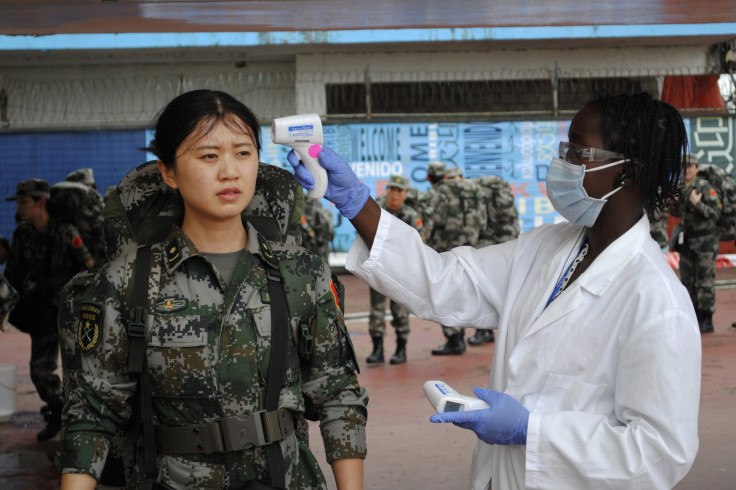Hospital To Conduct First US Military Wound Trial Using Avita's ReCell Device

Avita Medical Ltd. announced on Oct. 23 that the Walter Reed National Military Medical Center in Bethesda, Maryland is conducting a study to see how the company's ReCell Device can be used to treat the traumatic wounds suffered by civilians and military personnel.
Avita Medical confirmed that one patient has already been treated under the trial. The U.S. military wound trial is funded by the U.S. Department of Defense research program. Avita Medical, which manufactures regenerative medicines and devices to treat skin defects and wounds, is responsible for providing an advisory support in the trial.
The researchers are planning to recruit 20 patients in the randomized, within-patient controlled, feasibility study. The investigation team's aim is to assess whether ReCell in combination with split-thickness skin graft is more effective at treating patients with traumatic wounds as compared to the conventional skin graft.
The investigation team is led by Dr. J. Peter Rubin of the Armed Forces Institute of Regenerative Medicine. Rubin is also the Chair of the Department of Plastic Surgery at the University of Pittsburgh.
The researchers will compare the result of the patient treated with Regenerative Epithelial Suspension (RES) produced using the ReCell device to the one conducted on the same patient using the conventional meshed autografting.
"It is great to see that the team at Walter Reed have commenced this study, which we believe has great potential for improving the treatment of civilians and wounded warriors who have suffered traumatic injuries," said Adam Kelliher, Chief Executive Officer of Avita Medical, in a press statement. "We look forward to further updates from the investigators as the trial progresses."
© Copyright IBTimes 2024. All rights reserved.




















